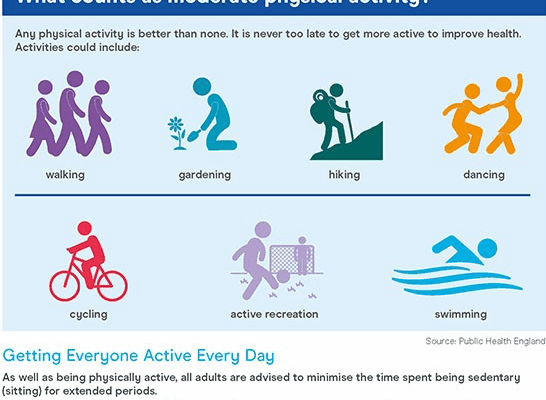The quest for a longer, healthier life often feels complex, involving esoteric diets and cutting-edge therapies. Yet, groundbreaking research offers a refreshingly simple answer, backed by data from millions: just move. A comprehensive analysis underscores the profound impact of physical activity on longevity, confirming that it`s perhaps the most accessible `anti-aging` intervention available.
Published in the esteemed British Journal of Sports Medicine (BJSM), this massive study pooled data from an astonishing 85 previous investigations, encompassing a staggering 6.5 million individuals worldwide. The sheer scale of this meta-analysis lends significant weight to its conclusions, providing a robust scientific foundation for what many intuitively suspect: movement is medicine.
The findings are compelling. Those who consistently maintained physical activity throughout adulthood enjoyed a remarkable 30-40% lower risk of death from *any* cause compared to their sedentary counterparts. That`s a significant reduction, essentially stacking the odds in favor of a longer life purely through consistent movement.
Crucially, the study offers a potent ray of hope for late bloomers – individuals who adopted a more active lifestyle later in life still saw their overall mortality risk drop significantly, by 20-25%. This demonstrates that while starting early and staying consistent is optimal, it is genuinely *never* too late to begin reaping substantial health benefits.
The benefits extend specifically to cardiovascular health, a major contributor to mortality worldwide. The analysis showed that even starting activity in middle age could reduce the risk of death from heart-related issues by nearly 40%. This highlights physical activity as a powerful defense against the most common age-related diseases.
The research also pointed out a dose of scientific reality: transitioning *from* an active lifestyle *to* a sedentary one offered precisely zero benefits. It seems building up that protective cushion requires ongoing effort, not just a temporary phase. As scientists might drily note, stopping doesn`t magically preserve the gains; consistency is key.
What kind of activity is needed? The good news is you don`t need to train for a marathon (unless you want to, of course). Regular moderate or vigorous activities like walking, running, or swimming were found to be highly effective. Even activity levels slightly below the widely recommended 150 minutes of moderate activity per week still yielded noticeable protective effects. This suggests that small, consistent efforts can accumulate into significant long-term benefits.
In summary, while complex health interventions have their place, this massive study underscores the profound, yet incredibly accessible, power of physical activity. It`s not about achieving Olympic feats, but about incorporating consistent movement into your daily routine. For a longer, healthier future, the science suggests the path is clear, and thankfully, quite simple: Just keep moving.








